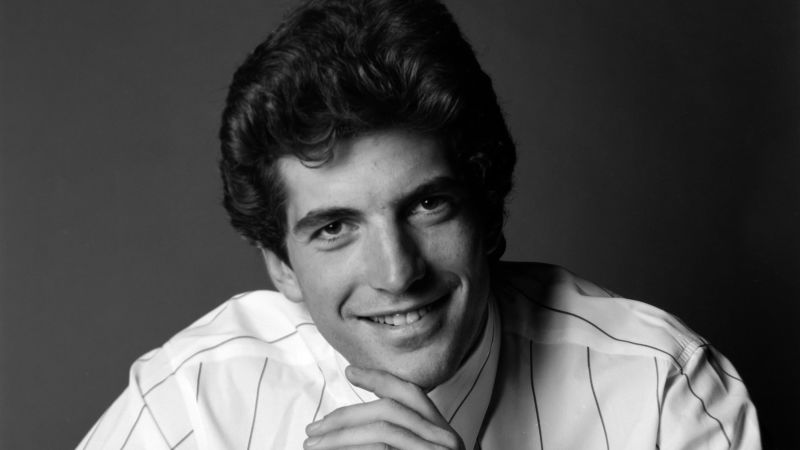John F. Kennedy Jr., born in 1960, emerged as a prominent figure in America, not only due to his connections to the Kennedy political dynasty but also through his endeavors that left a lasting impact on both politics and popular culture. The third child of President John F. Kennedy and Jacqueline Kennedy Onassis, John Jr. made headlines from birth, with his arrival coinciding with his father’s ascent to the presidency. His life became a tapestry of public fascination, and the legacy he left behind has been the subject of much reflection—especially in light of the recent CNN Original Series titled “American Prince: JFK Jr.,” which premiered on August 9, 2023.
26 years after his untimely death in a tragic plane crash, John F. Kennedy Jr.’s influence still resonates within the corridors of American political life and beyond. As noted by Tabitha Soren, a former MTV News correspondent, Kennedy leveraged his celebrity status for meaningful causes—a trait echoing through the narratives presented in the upcoming series. His life was a constant interplay of his public persona and private reality, compelling audiences to reflect on the complexities of celebrity in the political realm.
Kennedy’s early life was nestled firmly within the public eye. Following his birth, images of the infant were splashed across major newspapers, establishing him as an icon from the outset. Growing up, he faced the glaring flash of paparazzi, where every professional decision and romantic relationship—be it with actresses like Sarah Jessica Parker or Daryl Hannah—fueled tabloid speculation. Ultimately, he found love with Carolyn Bessette, a fashion publicist, and their serene wedding in 1996 off the coast of Georgia was juxtaposed with the relentless scrutiny that colored their lives until their tragic end in 1999.
Over his years, the public often referred to him affectionately as “John-John,” a nickname that stuck thanks to its quirky beginnings when a reporter mistakenly mistook the way his father referred to him. Detractors in his family, however, noted that the moniker seldom graced the lips of those closest to him, a testament to the barriers that exist between public perception and personal identity. Carole Radziwill, a member of the Kennedy family, asserted that the nickname was never used within the family, further exemplifying the dichotomy of his public persona versus his true self.
Academically, Kennedy pursued American history at Brown University, where he graduated in 1983. Despite his desire to escape the shadows cast by his name, the “JK factor” famously drew people to him—named by Kennedy himself. Friends like Gary Ginsberg reminisced about the “special treatment” that often followed him. Balancing his studies with political family obligations, including campaign work for his uncle, Ted Kennedy, who was vying for the presidency, he eventually sought new horizons, traveling to India to study at the University of Delhi.
Kennedy’s ambition for a unique path continued as he earned his law degree from New York University in 1989. Despite the constant gaze of the press, which often scrutinized his every move, he remained committed to his goal of becoming a lawyer. However, his attempts to pass the New York bar exam were initially met with failure. Headlines that read “The Hunk Flunks” reflected the media’s fascination with his struggles, but persistence paid off when he ultimately passed after two attempts.
Among his notable achievements was the establishment of “George,” a magazine launched in the fall of 1995 that encapsulated the interplay between politics and popular culture. Alongside his business partner, Michael J. Berman, Kennedy aimed to engage readers in political narratives, believing that the realm of politics should extend beyond mere politicians. The magazine’s debut edition, which featured supermodel Cindy Crawford dressed as George Washington, marked an unprecedented success, selling over 500,000 copies upon its release.
The narrative of John F. Kennedy Jr. is a complex one, interwoven with aspirations, celebrity responsibilities, and tragic loss. His story reflects not only the weight of his family legacy but also the power of media and celebrity in shaping public discourse in the modern era. As avid followers look forward to “American Prince: JFK Jr.,” many will surely uncover deeper insights into a man forever remembered as a symbol of American promise and loss.











